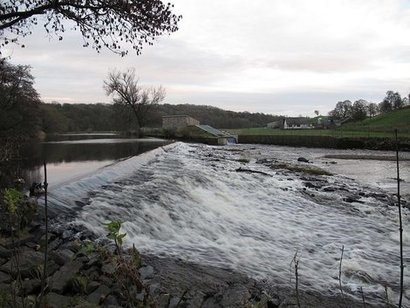
The UK government has all but ignored the impact that tidal range and run-of-river energy can have in producing cleaner, affordable predictable energy.
The Government’s policy trumpets its determination to achieve its energy objectives by reducing reliance on fossil fuels and imported energy – and yet totally disregards the UK’s most reliable and predictable energy sources.
“It’s an incomprehensible omission from a new, cleaner energy strategy” said Simon Hamlyn, CEO of the British Hydropower Association. “I simply cannot understand why the government continues to dismiss hydropower and tidal range – both of which are world beating technologies, and which could power the UK into the future. Wind and solar energy can do much of the heavy lifting to reduce reliance on fossil fuels, but the supply of energy from these sources is intermittent. What the country needs is a baseload to fill any generation gaps and it needs it soon. Within between 3-7 years the 7 tidal schemes currently being planned would deliver over 10 GW of generation capacity predictably and reliably – and some 10 years before any of the planned nuclear plants will be in operation.”
At a series of Ministerial meetings, the BHA and tidal range industry have received positive feedback on the many benefits of tidal range energy and hydropower, but the encouraging verbal response has not been followed up with any policy of funding support.
Tidal range offers proven technology, indigenous energy, predictable and reliable output, with a design life of over 120 years – over twice the life of a nuclear plant and four times that of a wind farm. Integration of a number of lagoons operating at differing tide times, each with its own local energy storage, offers the UK a totally reliable and sustainable source of baseload. Tidal range also offers significant carbon savings, coastal protection and flood defence capabilities and there is an estimated £40 billion of private capital investment available to support project construction within a 3–7 year construction period.
For additional information:

